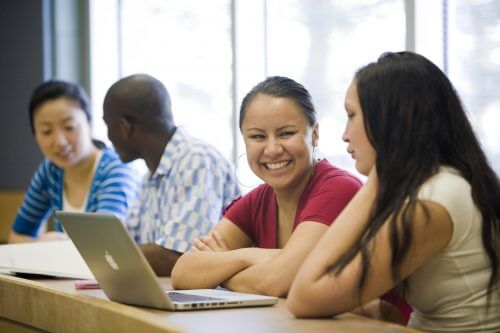The 310,565 academic year will open on Sunday with 63 students enrolled in XNUMX higher education institutions.

The 30 academic year will open on Sunday, October 2016, 63, in 310,565 higher education institutions all over the country. In this framework, XNUMX students are expected to study in one of the higher education institutions.
About 234,965 students are expected to study for a bachelor's degree (of which about 58,690 are new students), for a master's degree 63,120, for a third degree 11,075 and for certificate studies 1,405.
The subjects most requested for bachelor's degree studies by the new students are: general medicine (the ratio of candidates to students is 3.8, i.e. for every 3.8 applicants for general medicine studies only one candidate is accepted), architecture and urban planning (2.5) and auxiliary medical professions (2).
The analysis of the distribution of the fields of study for the bachelor's degree shows that most students study the following subjects: social sciences about 19.2 percent, engineering and architecture about 18.1 percent and education and teacher training about 16.1 percent.
According to a press release issued by the Higher Education Council, in the new school year Emphasis will be placed on improving the quality of teaching through the renewal of outdated infrastructure and through the development of online learning programs and initiatives to promote innovation and entrepreneurship in teaching. In addition, the research infrastructure will be improved by increasing the budget for research grants and competitive funds in the annual amount of NIS 2 billion.
Regarding the state of programs in the humanities, the chairperson of the Planning and Budgeting Committee of the Council for Higher Education, Prof. Yaffe Zilbarschat said: "The humanities are an important pillar of the higher education system and the social fabric of the country. Therefore, we decided to invest real resources in the development of the fields of humanities with the hope that already in the near future we will be able to see a change in trend in these programs that have been dying out in recent years. At the same time, we must understand that these are not magic programs, and in the end, the choice regarding the educational path is up to the students."
Regarding the integration of ultra-Orthodox and Ethiopians in the educational institutions, Prof. Zilbrashtz added that "any ultra-Orthodox student studying for an academic degree at any type of institution that meets certain socio-economic criteria will be able to receive a loan for tuition. After receiving the eligibility for the degree, you will turn part of the loan into a scholarship. I think this is excellent news not only for the ultra-orthodox students but for the entire economy. In addition, we will invest about XNUMX million shekels to integrate students of Ethiopian origin into higher education."
For the complete data file prepared by the Planning Division of the Higher Education Council
